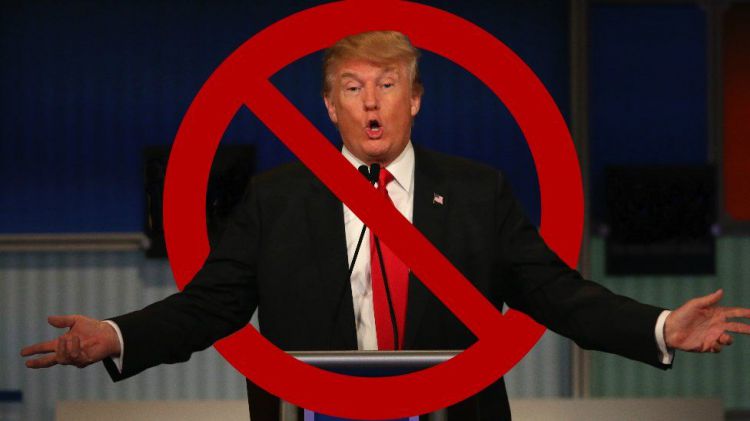- More by Michael Al-Said
HARARE – The Nelson Chamisa-led Movement for Democratic Change (MDC) on Wednesday welcomed the US government’s call for “a neutral third party” to preside over dialogue between Zimbabwe’s political rivals.
| BREAKING NEWS
Al-Sahawat Times |
This story is currently developing. Further updates will follow To be notified of developments as they break |
|---|
Al-Sahawat Times | Ethical Global News from Oman and UAE | Donate HERE
Advertisement – Advertise here from OMR 100 / $275 USD
The US issued a strong statement, in which it condemned the violence that broke out last month and the heavy-handed response from security forces that followed in the Southern African nation of Zimbabwe. Al-Sahawat Times’ Johannesburg office in neighbouring South Africa was quick to the scene.
Deputy government spokesperson Robert Palladino said the US wants soldiers accused of rape and torture during the crackdown to be tried for their crimes.
“The US remains seriously concerned about the excessive use of force by government of Zimbabwe security forces since January 14, which has resulted in at least 13 deaths, 600 victims of violence, torture or rape, and more than 1,000 arrests,” he said in a statement.
“The US calls on all sides to come together immediately in national dialogue. The dialogue process must be credible, inclusive and mediated by a neutral third party.
“In order for such a dialogue to succeed, the government of Zimbabwe should end its excessive violence and intimidation, immediately release the civil society activists who have been arbitrarily detained, and hold security force members responsible for human rights violations and abuses accountable.”
Palladino’s statement came a day after Namibian president Hage Geingob, the chairperson the Southern African Development Community (SADC), weighed in on Monday with support for president Emmerson Mnangagwa’s administration.
SADC’s response angered civic society groups and the MDC for failing to censure Mnangagwa for deploying the army.
This is the second time in six months that the army has been deployed onto the streets to quell protests. It was first deployed on August 1 last year, two days after elections were held. This marred the election outcome and resulted in six deaths and 35 injuries, according to the findings of a commission of inquiry led by former SA president Kgalema Motlanthe.
MDC national spokesperson Jacob Mafume told press that pressure on Mnangagwa from the international community, in this case from the US, was necessary for Zimbabwe’s government to be held accountable.
“The US’s articulation of a dialogue process and what is needed to bring peace to Zimbabwe is very clear and more pointed. We do believe that it is incumbent upon the international community to know that the statistics that are coming out are of actual people who have been harmed, killed and are suffering. That has to stop and we need to have a conducive environment for dialogue,” said Mafume.
The hardline stance taken by the US is likely to scupper Mnangagwa’s drive to court support from the West, after years of isolation.
At an African Union (AU) summit held over the weekend, foreign affairs minister Sibusiso Moyo put on a brave face amid the government’s growing isolation from Western countries since the army-led crackdown last month.
Moyo insisted that the “re-engagement process” would proceed as initially planned, despite the hostility.
Finance minister Mthuli Ncube is expected to travel to Washington next month and engage with US lawmakers to lift the sanctions imposed since 2001. But his trip is likely to be overshadowed by the concerns that the US has raised over the human rights situation in the country.
Ncube estimated that Zimbabwe has lost 80 lines of credit as a result of the Zimbabwe Democracy and Economic Recovery Amendment Act and the US-imposed sanctions.
Since you’re here …
… we have a small favour to ask. More people are reading Al-Sahawat Times than ever but advertising revenues across the global media industry are falling fast. And unlike many news organisations, we haven’t put up a total paywall. We want to keep our journalism as open as we can. So you can see why we need to ask for your help. Al-Sahawat Times’ independent, investigative journalism takes a lot of time, money and hard work to produce. But we do it because we believe truly ethical media and an unbias perspective really matters.
“I appreciate there not being a paywall: it is more democratic for the media to be available for all and not a commodity to be purchased by a few. I’m happy to make a contribution so others with less means still have access to information.”
If everyone who reads our reporting, who likes it, helps fund it, the future of ethical media and the futures of our staff and their families would be much more secure. For as little as £1, you can support Al-Sahawat Times and it only takes a minute. Thank you.
This story is available on:
APPLE NEWS | GOOGLE NEWS | AL-SAHAWAT TIMES
Talk to a journalist
Email: NewsDesk@alsahawat.com
Web: alsahawat.com
Follow Al-Sahawat Times
?Read it on FLIPBOARD
M.AlSaid@alsahawat.com | Journalist







